In Syria, We Need the Help of the World’s Christians
Abbud (fictitious name) is a Greek-Catholic Syrian refugee living in a Castilian city.. When he remembers his homeland, his countenance changes and his gestures are sad, because the memory of what he has left there weighs very much on his heart. When he speaks of his father, recently deceased, his eyes reflect his emotion, as he cannot return to his country.
His participation in the 2011 World Youth Day (WYD) enabled him to meet a family that has now helped him to establish himself in Spain. Thanks to Caritas’ aid he can now face a new life.
How did you live in Syria?
Abbud: I am a native of Aleppo; I lived there with my wife and my two children. I have a Law degree and I worked as a lawyer in my city. My home is in the western part of the city. We were able to travel and live well. When the war broke out, the military control of Aleppo was divided in two: armed groups took one part and the Government controls the other part.
The harshest situation is endured by those living in the area of Aleppo controlled by the Government, because daily there are rockets, mortars, bombs, rocket-bombs, abductions, blockages, electricity and water cuts, and also road cuts between Aleppo and other cities. We lived like this for three and a half years.
When the war began in Aleppo, how did you react?
Abbud: War broke out in Syria in March of 2011. It began in Aleppo when the eastern area of Aleppo was taken by armed groups. At that moment we saw that our life was in danger. We were afraid because we didn’t know if, when we went out in the morning we would be able to return in the afternoon. However, we decided to wait.
When did you decide to flee Aleppo with your family?
Abbud: The situation worsened notably in 2013. The eastern area of Aleppo was blocked. Many citizens of Aleppo were thinking of fleeing to Europe. Then we decided to leave Aleppo.
There were two ways: one was illegal, as is happening now to a great extent, and the other was through a visa. I tried this second option through two Embassies, one was of France and the other of Spain.
Why did you decide to choose Spain?
Abbud: I came to Spain in August of 2011 to take part in the WYD, together with my wife. We met a family here that received us and we established friendship with this family. After the WYD, we were able to return to Aleppo, whose airport was still functioning then. At that moment, everyone was wondering what was happening. We finally thought of Spain because the family that received us during the past WYD invited us and put out feelers to facilitate the transactions.
How did your family react when you suggested leaving Syria?
Abbud: They were in agreement because the situation was critical. My children went to school and we didn’t know if they could come back because armed groups were carrying out abductions, there were car-bombs … it was a daily occurrence. Given the fear, we all decided to flee. Both my wife as well as my children thought it was best. My children were then 15 and 10 years old respectively.
How was your exit from the country?
Abbud: We couldn’t leave immediately because the armed groups blocked the exits from Aleppo to other cities and many Christians were kidnapped or disappeared. Up to now nothing is known of their whereabouts. We couldn’t leave until 2014. Then the Government opened roads that are very long but safe. This was better than other routes.
In May of 2014 we decided to travel by car from Aleppo to the border with Lebanon. On arriving at the border we were able to enter the neighboring country with our passports. We went to the Embassy of Spain where we asked for a visa. We were told we would have to wait a month to know the decision. We had to return again to Aleppo because we couldn’t live in Lebanon. It was expensive.
After a month the Spanish Embassy notified us that we would be given visas and then we left Syria for the last time. We went again by car to the border with Lebanon. We entered the country and went to the Beirut airport where we caught a flight to Spain.
How was your arrival in Spain sand how have you been able to find a home?
Abbud: Our WYD friends opened their home to us and helped us, along with the parish to which they belong. They helped us find a house and also through Caritas we are able to meet expenses. When we arrived in Spain my children said that they needed strength to keep going because we didn’t have a house or work. But we needed to begin a new life because we were in danger in Aleppo.
We have experienced the help and closeness of the Church so that we wouldn’t feel alone. From Caritas we are not lacking help to face our new situation.
Would you like to return?
Abbud: Yes, but we don’t know when the war will end. While there is war in Syria our life is not safe there. For the time being, we are not thinking of returning. Our greatest problem here is the economic situation, but life is peaceful and I hope to find work. We want to have a new life.
What is the hardest thing you have had to live up to now?
Abbud: My father’s death in Aleppo three months ago. My parents lived there and it was very hard for me not to be able to support my mother in these very difficult moments.
Do you know Christians who have disappeared?
Abbud: One hears a lot that there are many persons that die during the journey of flight to Lebanon. There is talk of kidnappings of priests, bishops, etc. On the other hand, Christians live in concrete areas and the area where there is a majority of Christians in Aleppo is known. And these areas are bombed and many people die daily there.
Are you afraid of radical groups?
Abbud: Yes. We have experience with radical Muslim groups. They attack all those who don’t think as they do, whether Christians or Muslims. There are many radical groups in Syria, such as ISIS and Al-Nusra and others that come from Chechnya or Europe. Their objective is that the whole world must think as they do. Christians in Syria can’t act freely; they can’t profess their faith publicly. There is no freedom.
Do you think European society is more sensitized now given the war in Syria?
Abbud: What I’m going to say is very sad, but I think that if the refugees had not left Syria as they did a couple of months ago, the majority of Europeans would not have known what is happening in Syria.
What do you ask God for Syria?
Abbud: I ask for peace and an end to this war. Before the war my people lived well. I think that in the Bible there are words that indicate that we Christians make up one body; if an organ of the body suffers, the whole body suffers. We need the help of the world’s Christians for Syria. Before the war there were one million Christians in Syria. We need the help of other Christians.
Zenit

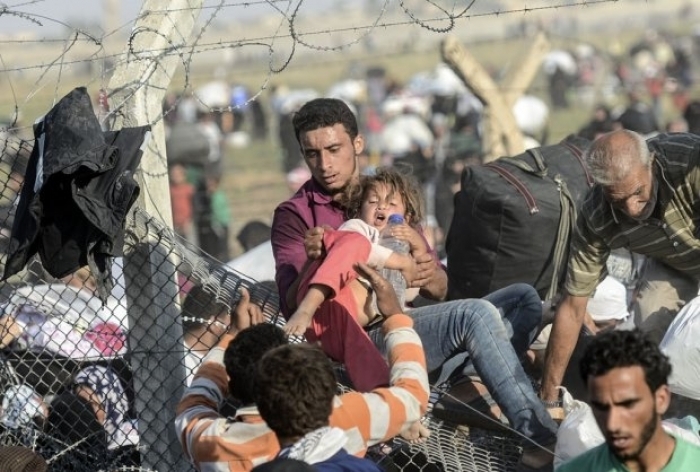

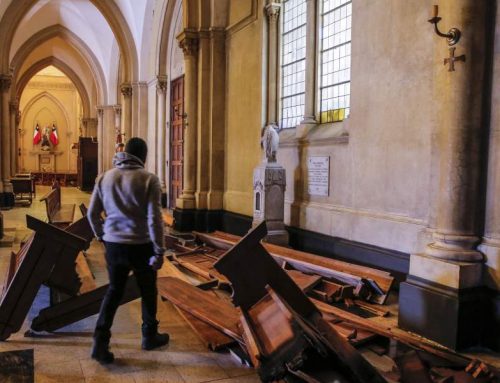
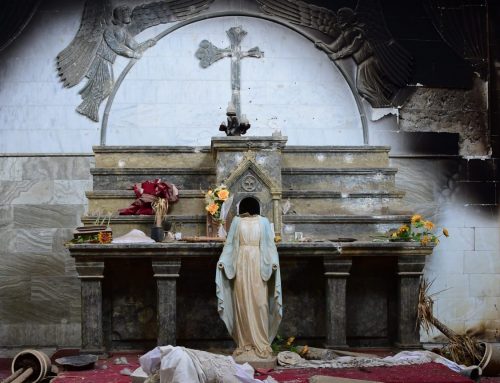
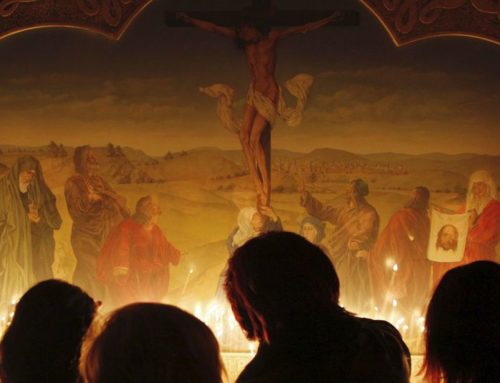
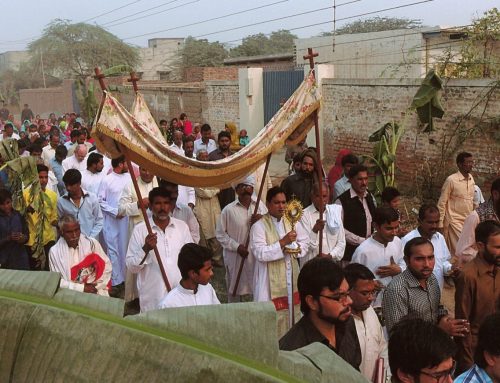
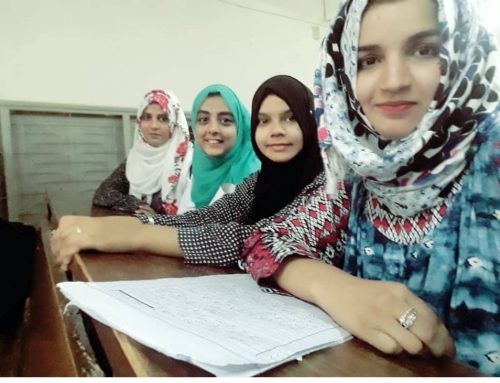
Leave A Comment
You must be logged in to post a comment.